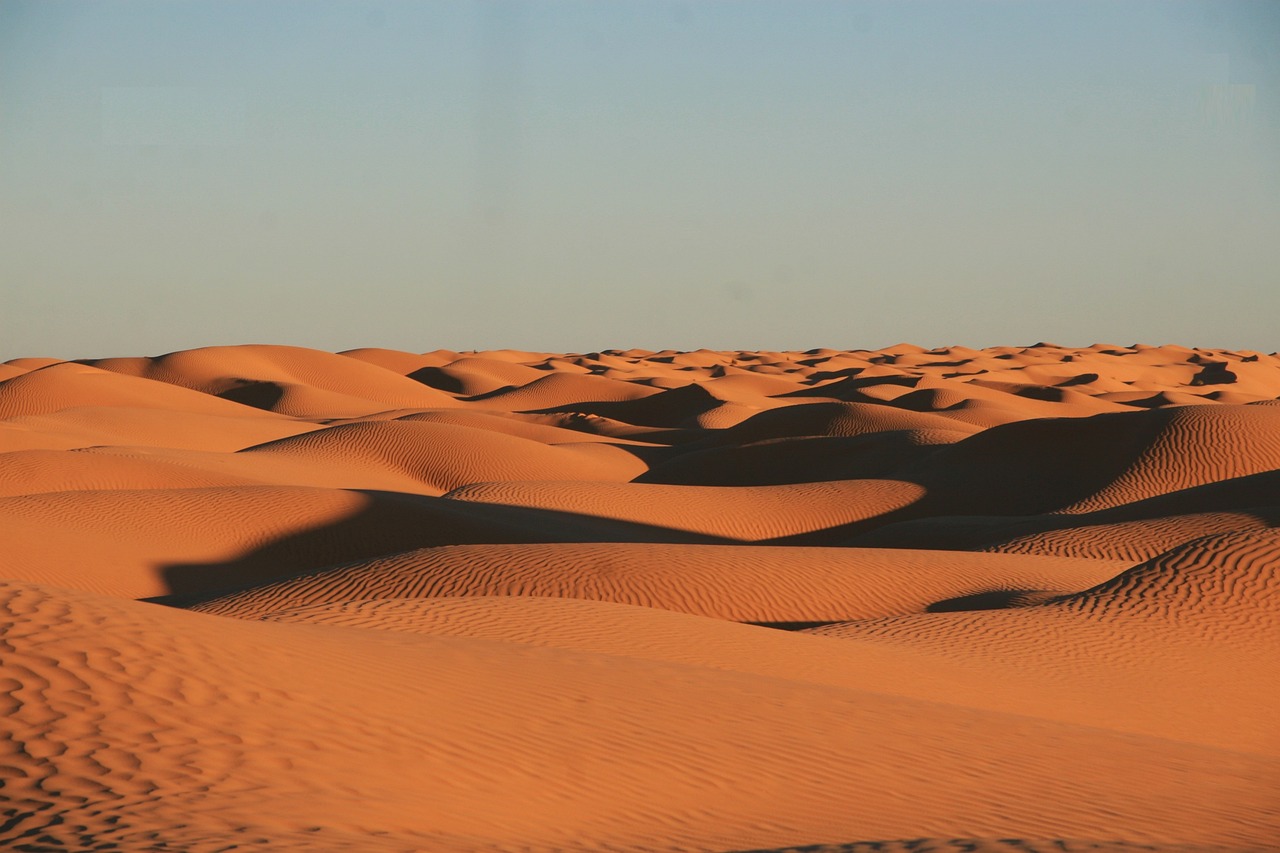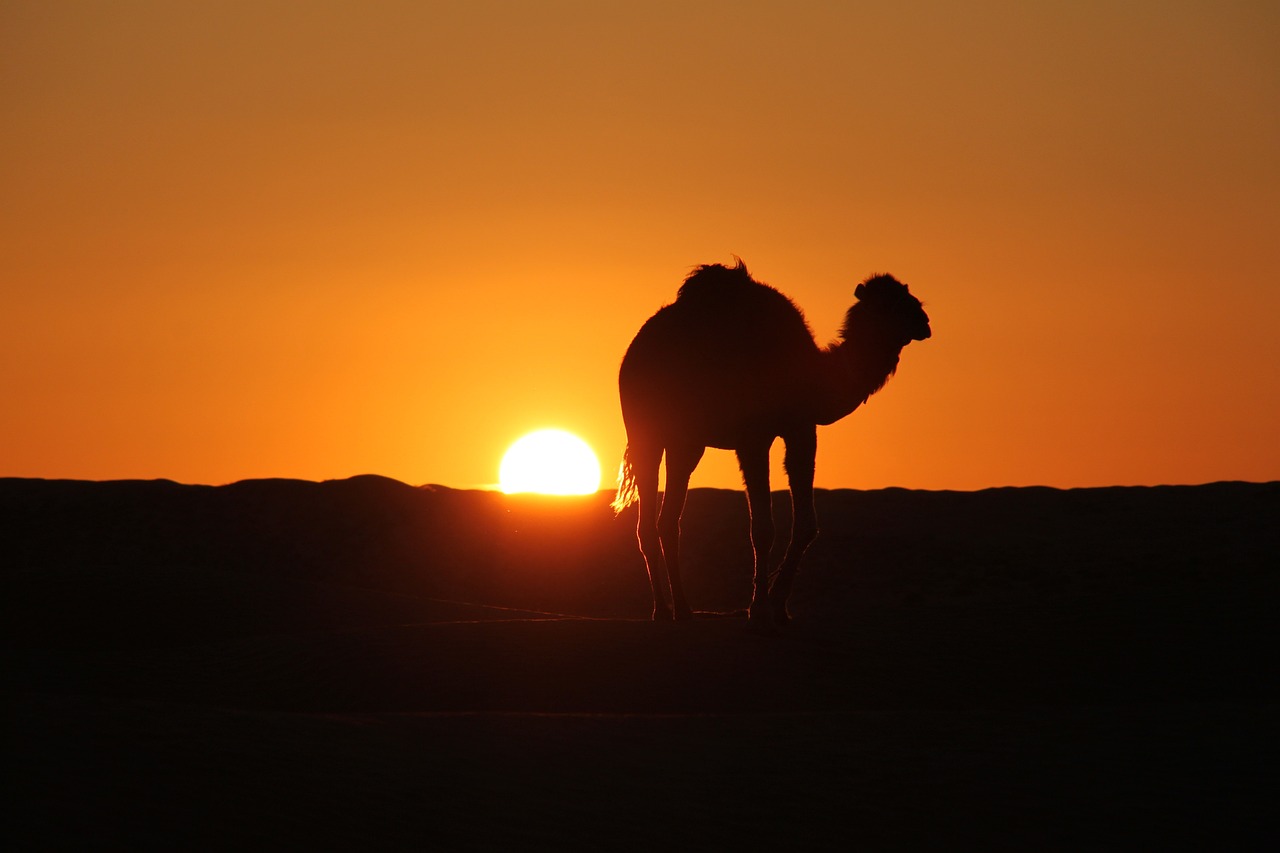Tunisia Video
Cultural Sensitivities: Understanding Local Norms in Tunisia
Tunisia, located in North Africa, is a country known for its rich history, diverse culture, and stunning landscapes. As a traveler, it is essential to understand and respect the local norms and cultural sensitivities in order to have a positive and respectful experience. This article aims to provide a comprehensive guide to understanding the cultural sensitivities in Tunisia, ensuring that visitors can navigate the country with ease and respect for its traditions.
Language and Communication
Arabic is the official language of Tunisia, and it is widely spoken throughout the country. While many Tunisians also speak French, especially in urban areas and tourist destinations, it is important to learn a few basic Arabic phrases as a sign of respect. Common greetings include “Salam alaikum” (Peace be upon you) and “Marhaba” (Hello). Tunisians appreciate the effort made by visitors to communicate in their language.
- Greeting Etiquette: Tunisians often greet each other with a handshake or a kiss on both cheeks. However, it is important to note that some conservative individuals may prefer a more reserved greeting, such as a simple handshake.
- Body Language: Tunisians value personal space and may stand closer to others during conversations. It is essential to respect personal boundaries and not invade someone’s personal space.
- Eye Contact: Maintaining eye contact during conversations is seen as a sign of respect and attentiveness in Tunisia. However, prolonged eye contact can be interpreted as aggressive or intrusive, so it is important to strike a balance.
- Language Assistance: If you are unsure about certain phrases or need assistance with translation, Tunisians are generally helpful and will appreciate your efforts to learn their language.
Religion and Customs
Tunisia is predominantly a Muslim country, and Islam plays a significant role in the daily lives of Tunisians. Understanding and respecting Islamic customs is crucial to avoid any unintentional offense or misunderstanding.
- Dress Code: Tunisians generally dress modestly, especially in rural areas and conservative neighborhoods. It is advisable to dress modestly as well, particularly when visiting religious sites or attending formal events. Women should consider wearing loose-fitting clothing that covers their shoulders and knees.
- Ramadan: Ramadan is an important month of fasting and spiritual reflection for Muslims. During this time, it is respectful to refrain from eating, drinking, or smoking in public during daylight hours. Non-Muslims are not expected to fast, but they should be mindful and considerate of those who are.
- Mosques: When visiting mosques, it is essential to dress modestly and remove your shoes before entering. Women should cover their hair with a scarf as a sign of respect. It is also important to maintain a quiet and respectful demeanor.
- Friday Prayer: Friday is considered a holy day, and many businesses and public services may have altered hours. It is advisable to plan your activities accordingly and be aware of any potential disruptions.
Social Etiquette
Tunisians are known for their warm and welcoming nature. Understanding the social etiquette in Tunisia can help visitors navigate social interactions and build meaningful connections with locals.
- Invitations: If invited to a Tunisian home, it is polite to bring a small gift, such as pastries or flowers. It is also customary to remove your shoes before entering the house.
- Personal Space: Tunisians value personal space and may stand closer during conversations. It is important to respect personal boundaries and not invade someone’s personal space.
- Gift Giving: Gift giving is common in Tunisia, especially during religious holidays and special occasions. It is customary to offer gifts with your right hand and receive them with your right hand as well.
- Offering and Receiving: When offering or receiving something, use your right hand as the left hand is considered unclean in Tunisian culture.
Cuisine and Dining
Tunisian cuisine is a delightful blend of Mediterranean flavors with influences from Arab, Berber, and French culinary traditions. Understanding the dining customs and etiquette can enhance your culinary experience in Tunisia.
- Bread: Bread is an essential part of Tunisian cuisine and is often used as a utensil to scoop up food. It is customary to break bread with your right hand.
- Sharing Meals: Tunisians often share meals as a sign of hospitality and unity. It is common for dishes to be placed in the center of the table, and everyone uses their own utensils to serve themselves.
- Tea Culture: Tunisians have a strong tea culture, and it is customary to offer and accept tea as a sign of hospitality. It is polite to accept the tea and drink at least a small amount.
- Tipping: Tipping is not expected in Tunisia, but it is appreciated for exceptional service. A small tip of around 10% of the total bill is customary in restaurants and for other services.
Gender Roles and Interactions
Tunisian society has made significant strides towards gender equality, but it is important to be mindful of cultural norms and customs when interacting with individuals of different genders.
- Modesty: Tunisians generally have conservative views on modesty, particularly in rural areas. It is advisable to dress modestly and avoid overt displays of affection in public.
- Greetings: When greeting someone of the opposite gender, it is best to wait for them to initiate the greeting. Tunisians may greet individuals of the same gender with a handshake or a kiss on both cheeks.
- Personal Interactions: When engaging in conversations, be respectful and mindful of personal boundaries. It is important to maintain a level of professionalism and avoid making assumptions based on gender.
Image 1: Tunisia

Art and Architecture
Tunisia boasts a rich artistic and architectural heritage, with influences from various civilizations throughout history. Understanding the significance of art and architecture can greatly enhance your appreciation of Tunisia’s cultural and historical treasures.
- Mosques and Minarets: Tunisian mosques are known for their intricate designs and beautiful minarets. These architectural marvels serve as places of worship and cultural landmarks.
- Traditional Crafts: Tunisia is renowned for its traditional crafts, such as pottery, carpet weaving, and embroidery. Exploring local markets and souks is a great way to appreciate the craftsmanship and support local artisans.
- Museums and Galleries: Tunisia is home to numerous museums and galleries that showcase its rich artistic heritage. The Bardo National Museum in Tunis and the Medina of Sousse Museum are just a few examples of places where you can explore Tunisia’s cultural history.
Image 2: Tunisia

Environmental Awareness
Tunisia boasts diverse natural landscapes, including stunning coastlines, desert dunes, and lush oases. It is important to be environmentally conscious and respectful of the natural beauty and fragile ecosystems in Tunisia.
- Littering and Waste: Always dispose of waste properly and avoid littering. Use designated trash bins and recycling facilities whenever available.
- Nature Reserves and Protected Areas: When visiting nature reserves and protected areas, follow the guidelines provided by park authorities to minimize your impact on the environment. Respect wildlife and refrain from disturbing or feeding animals.
- Water Conservation: Tunisia experiences water scarcity, especially in desert regions. Conserve water by taking shorter showers, turning off taps when not in use, and being mindful of water usage.
Image 3: Tunisia

Conclusion
By understanding and respecting the cultural sensitivities and local norms in Tunisia, travelers can have a more immersive and meaningful experience in this vibrant country. From language and religion to social etiquette and environmental awareness, each aspect contributes to the rich tapestry of Tunisian culture. Remember to approach interactions with an open mind and a willingness to learn, and you will be rewarded with unforgettable experiences and warm hospitality.
References
- Tunisian National Tourist Office: www.discovertunisia.com
- Lonely Planet Tunisia: www.lonelyplanet.com/tunisia
- Ministry of Tourism and Handicrafts: www.tourismtunisia.com
- Cultural Atlas: www.culturalatlas.sbs.com.au/tunisian-culture
- The New York Times Travel: www.nytimes.com/destination/tunisia


